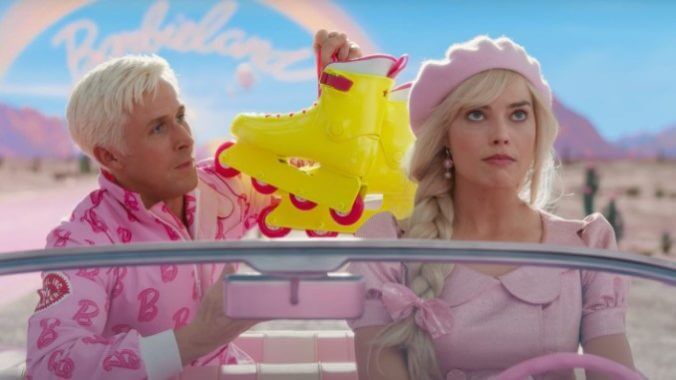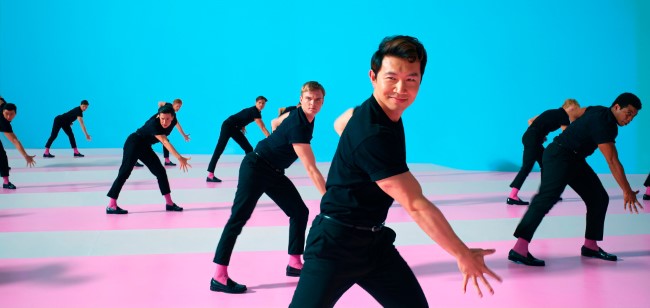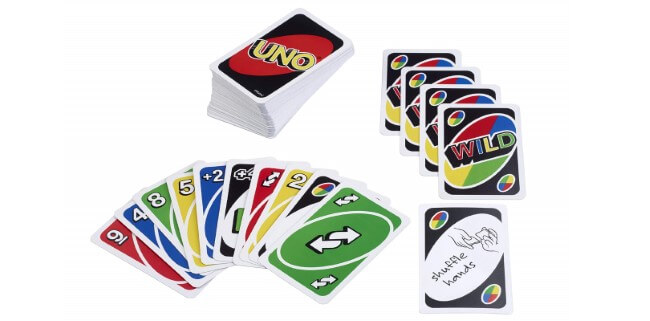Barbie Is Great. Must We Now Suffer Through its Endless Spawn?

Was there ever even a shred of possibility–a flicker of likelihood, a fleeting moment of potential–that in the wake of Barbie’s massive success, studios might just learn the right lessons to take away from this moment of triumph? Was it hopelessly naïve to bother wishing that Hollywood execs might look at Greta Gerwig’s exuberant movie and say things like “people seem to like unique, creator-driven stories,” or “maybe audiences care about production design?” Sadly, it would seem that yes, the answer to these questions is that we should never stray far from our bastion of cynicism. Although Barbie is an utter delight, the upcoming slate of follow-ups from Mattel Films–and really, all the other Barbie imitators this will surely spawn at other studios–illustrate clearly that we’re now about to be punished for Gerwig’s success with 5 to 10 years of the most crass IP necromancy imaginable. As is always the case when these blockbusters happen, the studios convince themselves of solely what they want to believe: That IP is all that matters, and that the success of Barbie is something they can turn into a model to print money. Once again, they fail to understand the roots of their own success.
The critical acclaim, populist appeal and massive box office of Barbie speak not to some magical, untapped, feverish desire in the public to bring the “story” of Barbie dolls to life, but to the labor of love performed by Gerwig and many others–not least an adroit marketing department–to turn the property into something much more than just a brand to be exploited. When the film’s adaptation was first announced back in 2019, this is why it was met with cynicism and sarcasm more than anything else–film observers were expecting crass commercialism and advertising, disguised as middling blockbuster entertainment. There was not some generation of ‘80s and ‘90s kids who had been yearning for a live-action Barbie movie for their entire lives, as Mattel Films would like to imagine. In reality, it wasn’t until elements of the film’s production design began to leak out, hinting at Gerwig’s colorful reimagining of the Barbie aesthetic, that the film began to build its meme-based momentum–that, and the entirely unforeseen cultural entanglement with Christopher Nolan’s Oppenheimer, the sort of organic movement that will be impossible to replicate.
And then Barbie arrived, a blast of fresh air and a showcase for a writer-director at the absolute top of her game, invigorating what could have been a concept as dull and plastic as Barbie herself into a film with what our review called a “magnificent balance of comedy, emotional intelligence and cultural relevance.” It does pretty much everything well.
That’s key: Barbie is about as far from a one-trick pony as you can get. The script is packed with jokes eliciting guffaws from the entire theater. The music is persistently earworm catchy. The production design (Sarah Greenwood) and set decoration (Katie Spencer) are incredible to behold, so lush and detailed and fantastical that you could watch the film on mute and still have plenty to marvel over. And at its center, you have a pair of perfectly matched performances from Margot Robbie and a never-better Ryan Gosling, deftly balancing the wide-eyed naivete of their characters with emotional vulnerability and a yearning desire for fulfillment they never knew existed before. Taken together, it culminates in sequences that approach an absurdist sublime, such as the Ken vs. Ken “beach off” battle that builds to an extravagant dance sequence evoking the over-the-top pageantry of Busby Berkeley musicals of the 1930s.

In short, it’s been years since many of us saw a film this exuberant in a movie theater, with a crowd of happy viewers all thrilled to vibrate simultaneously on its particular wavelength. Which brings us back to our point: The likes of Mattel Films think they can replicate that kind of feeling with seemingly any other piece of IP, which is studio thinking at its most delusional. At Mattel alone, there are 14 more toy adaptation movies currently in active development, and the majority of them are already destined for messy failure as execs take years to realize the obvious: Barbie is an exceptional case and an exceptional film, and it should be recognized as such.
As you dive into the list of these projects being developed, it becomes harder and harder to believe that someone out there managed to convince themselves that these were ideas worthy of major feature films costing tens or hundreds of millions of dollars to produce. Not since the days of 2012’s Battleship have we seen such shameless attempts to turn the tiniest imaginable morsels of intellectual property into fully fledged blockbuster entertainment.
Take, for instance, a Hot Wheels feature film adaptation being produced in partnership with Warner Bros. and producer J.J. Abrams, a franchise without a single established human character or recognizable facet besides the word “cars.” This film would apparently feature “cars, monster trucks and motorcycles,” and feature a “grounded and gritty” storyline, according to Abrams. Mattel Films head Robbie Brenner, meanwhile, promised that a Hot Wheels movie would feature the “incredible story and incredible characters” that fans associate with “any J.J. Abrams movie.” Because yeah, film fans would surely agree that the man most responsible for killing the Star Wars franchise and all its beloved characters is incapable of making a soulless piece of junk.
But wait! Mattel isn’t just making a Hot Wheels movie in a void. No, they’re also partnering with Skydance to make a Matchbox cars feature film adaptation! Yes, they’re simultaneously working on two different toy car features at the same time, and they believe those two films have separate audiences and can each stand on their own. Hey, why not release them on the same day and try to steamroll it into a MatchWheels cultural phenomenon? Or you can get a cannabis tie-in and unleash HotBox on the world. No reason that can’t work, right?
-

-

-

-

-

-

-

-

-

-

-

-

-

-

-

-

-

-

-

-

-

-

-

-

-

-

-

-

-

-

-

-

-

-

-

-

-

-

-

-

 Not since the Universal Dark Universe cast photo has there been such a lineup of great characters put on film.
Not since the Universal Dark Universe cast photo has there been such a lineup of great characters put on film.






































